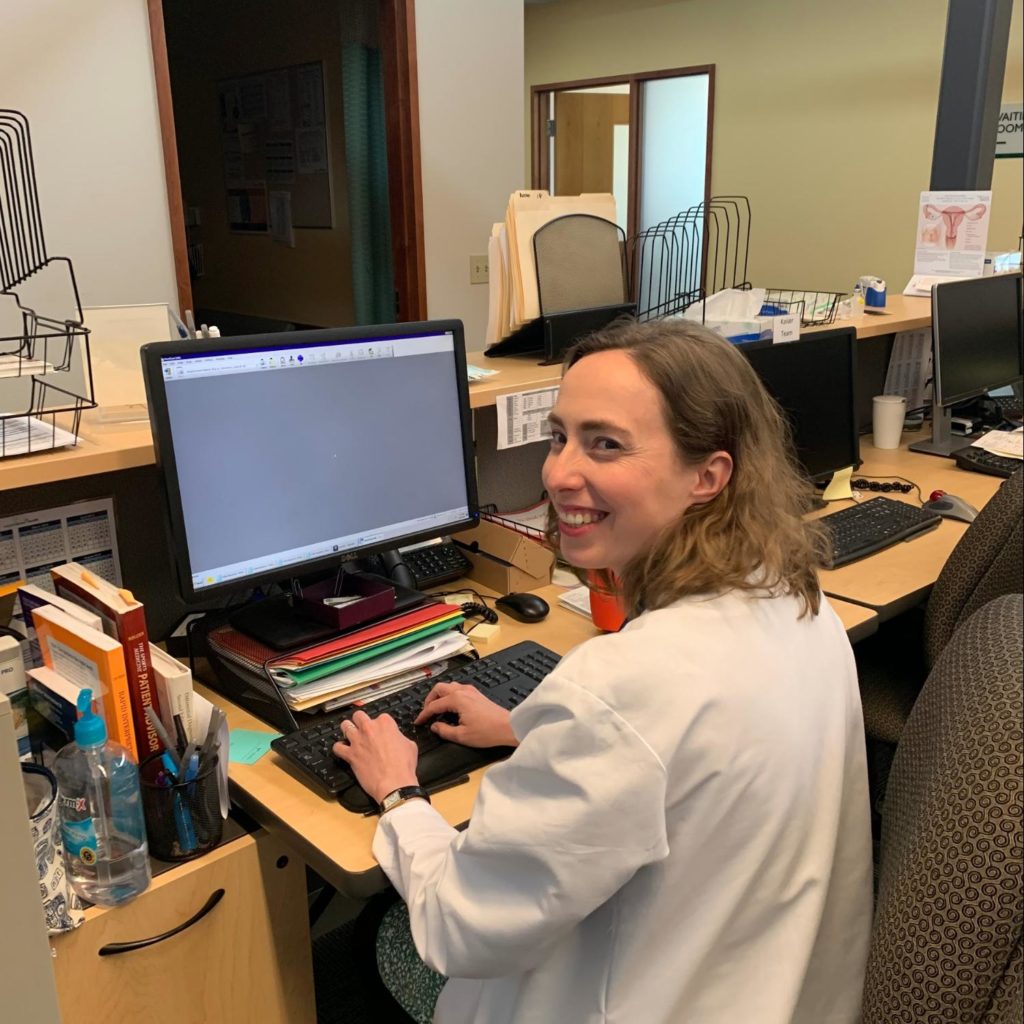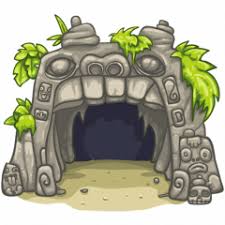What is your background?
I am originally from Washington, DC. I studied literature in college and then worked as a Peace Corps volunteer in Guinea, West Africa, where I first became interested in pursuing a career in medicine. One of my mentors in Guinea was the village health worker. He had an intimate and nuanced perspective on life in the village. I admired how he could help and comfort people individually while also worked on projects to improve the larger community. I liked the idea of having a practical skill set, of being of help to people in a fundamental way, so I went to medical school.
Tell us about the clinic and the neighborhood you work in:
I currently work at a federally qualified health center in Rainier Beach. It was important to me to work in an organization committed to serving all patients, regardless of their financial circumstances.
Tell us about your patients:
I see a diverse group of patients every day. Many are new immigrants to the United States. There is a large African-American community in the neighborhood and an orthodox Jewish community nearby as well. I practice family medicine, so I see all ages, from birth to end-of-life. I prescribe suboxone to help with opioid use disorder, I provide gender-affirming care. My particular area of interest is the care and concerns of older adults.
Describe what it’s like to be part of your team:
One of my favorite parts of my work are my inspiring colleagues. I work most closely with a medical assistant, who helps me plan my day, room my patients, and be in touch with patients about medications and lab results. We also have a welcoming front desk staff, a social worker, dietician, psychologist, clinical pharmacists, Somali and Vietnamese interpreters, dentists, nurses, and other health care providers on our team. There is something truly inspiring about working as a team to support an individual patient.
What are the languages you hear every day and the cultures you’ve learned about?
We see patients from all over the world. Last week, in one day I saw patients originally from Somalia, Ethiopia, Cambodia, Mexico, Ukraine, and Vietnam.
How does trust play a role in your daily routine?
Trust is perhaps the most important element of my job. Patients trust me with their pain, secrets, fears, hopes. They trust that I will be compassionate and knowledgeable. This is a privilege and a great responsibility. Sometimes this trust feels overwhelming—a patient shares something intimate and I don't know if I can help. Maybe the system is working against us or the condition doesn't have a good cure or I don't fully understand what is going on. I feel that I need to be honest about my limitations but also have a professional obligation to stay hopeful and persistent.

What are any special moments for celebrations, rituals, or joy in the workplace?
While sanitizing my hands between patient rooms, I try to consciously inhale and exhale. I see about 20 patients each day and the pace is quick. I do this so I try to bring an open, curious mind to each encounter. One of the things that delights me about my job is learning the hobbies or quirks or interesting opinions of my patients. I am always amazed at the diversity of perspectives and experiences.
What is the most constraining aspect of your work?
Time! I often feel that the patient visits are rushed or that I don't have time to document my thoughts or go through the many administrative tasks I have. I hope to become more efficient over time but don't want to lose the opportunity for human connection.
What are you most proud of about your work?
There are certain encounters where I feel the patient leaves the clinic feeling better when they started. Maybe I was able to name a curious set of symptoms or help relieve a painful condition or just listen to a story. This is always gratifying.
What is the best life/career advice someone has given you?
At the end of medical school, I was fretting about whether I wanted to go into psychiatry, family medicine, or pediatrics. One of my mentors said to me, “It doesn't matter what you do but how you do it.” When I am faced with a daunting problem at work-- a case I don't understand, a pile of paperwork-- I try to focus on the process and not the outcome. If I don't understand something, I read more or ask a colleague or ask the patient to tell their story again.
What advice would you give a health provider just starting out in their work?
This is such a wonderful profession. Stay curious.
On family and work:
My children like hearing stories about my work. I don't get into much detail but they are curious about how the body works and some of the things I see. They are not, however, any better behaved as patients. My son had to be restrained by three people to get a vaccination and I struggled terribly to get my daughter to take antibiotics.
Would you recommend Kinnected to patients?
Yes. Illness can be isolating and confusing. I believe that patients gain strength and knowledge from caring communities.
More Stories from Kinnected
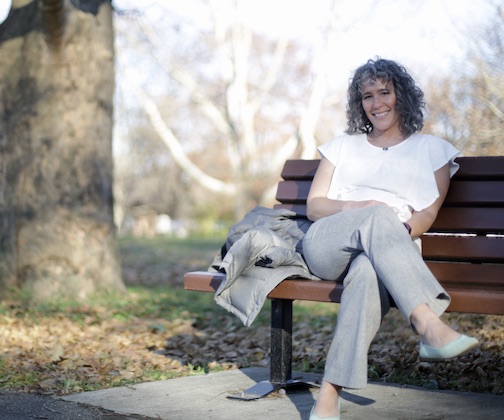
At times, it has been really frustrating to be a strategist and health communication professional and witness the lack of strategic planning and messaging that we have over the last two years.
-
4 years ago
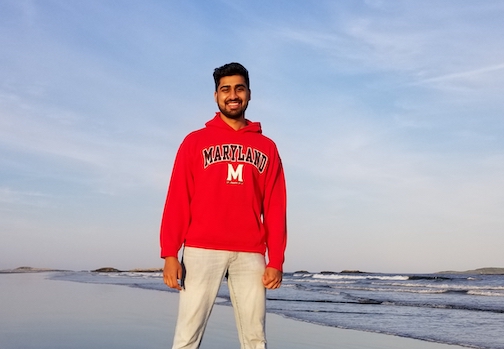
"What many people miss is that emotional exhaustion among clinicians existed long before the pandemic."
-
4 years ago
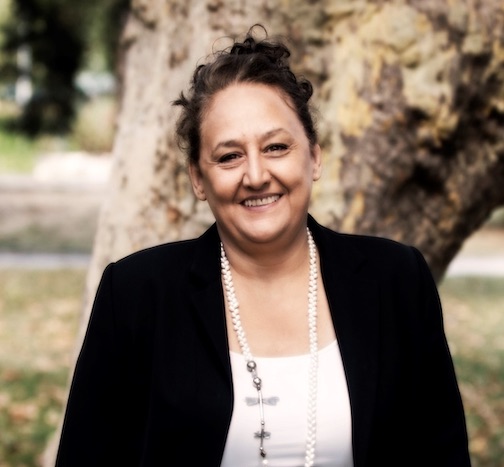
"A lot of people argue whether technology is good for the future of humanity or bad. In my opinion, it is both - just as an herb could be a poison or a medicine."
-
4 years ago
